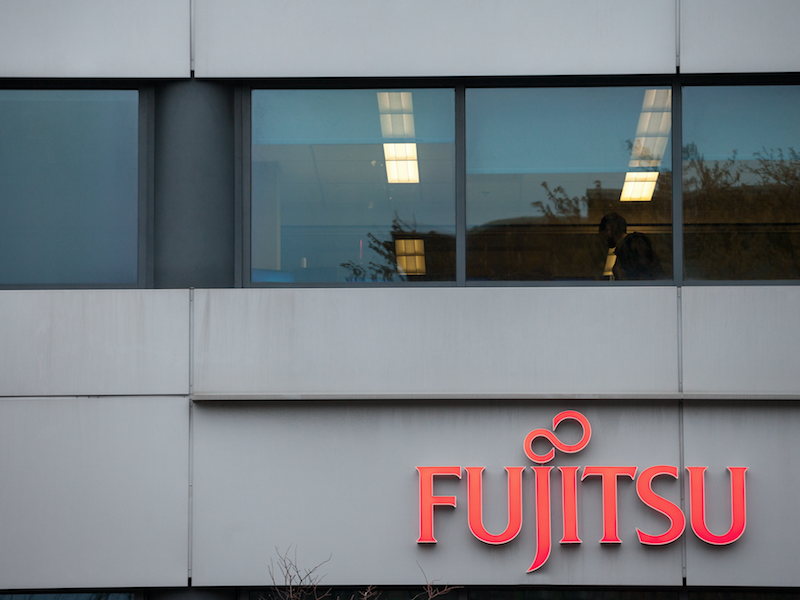

Fujitsu Ltd. is introducing permanent remote working for 80,000 global employees in a bid to boost innovation and work-life balance.
The Japanese multinational’s campaign, which it calls ‘Work-Life Shift,’ relies on three core principles: smart working, borderless offices and culture change, marking “the end of the conventional notion of commuting to and from fixed offices, while simultaneously granting [employees] a higher degree of autonomy based on the principle of mutual trust,” according to a press release.
Under its smart working principle, 80,000 Japan-based staff will begin primarily working on a remote basis to achieve a working style that allows them to flexibly use their time according to their work, roles and lifestyle. The organization will also change its support for commuting expenses and offer additional support for remote work environments.
Read: Remote working, distributed workforces could be part of new normal post-coronavirus
In terms of its borderless office principle, Fujitsu is streamlining its use of office space in Japan to reduce its current footprint by 50 per cent by the end of fiscal 2022, introducing a hot desk system. In addition, it will set up hub offices in different areas of the country and promote a thorough review and digitalization of business processes to enable remote work while identifying tasks that require office attendance.
It’s also transforming its company culture by moving to a new style of management based on employee autonomy and trust. This will include continuously listening to its employees regarding the shift toward physically separated working spaces and leveraging a digital platform that visualizes and analyzes working conditions.
Fujitsu will also implement one-to-one communication skills training for all employees to enhance communications between supervisors and staff, as well as conducting wellness checks to help employees’ physical and mental well-being.
Read: Shopify moving majority of employees to permanent remote work
